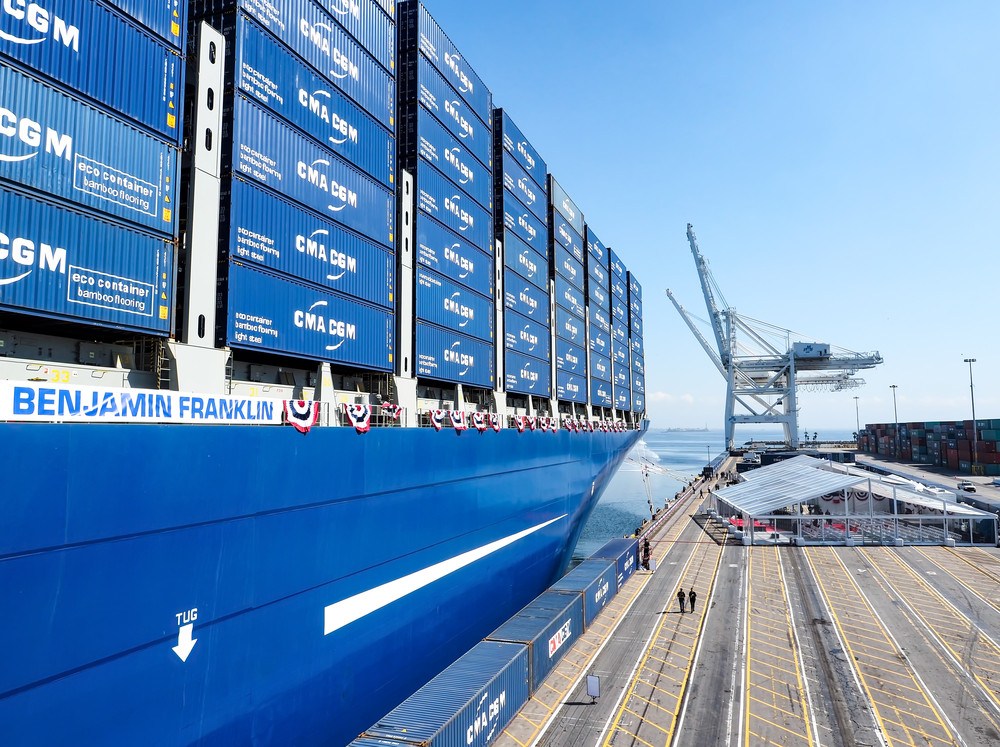CMA CGM applies new reefer surcharges worldwide
The French shipping company CMA CGM has published new rate increases for reefer containers across the world.
Firstly, CMA CGM has already set a Port Congestion Surcharge (PCS) of US$1,000 per reefer cargo, since 5 August, to Manila of Philipinnes, from all ports except North East Asia, South East Asia, China, and Hong Kong & Macau special administrative regions (SAR).
Although the PSC has already started for most of the sailings, the surcharge for the US and its territories, Brazil, Colombia, Ecuador, Panama, Venezuela, Uruguay and Paraguay will be effective from 5 September, and for ports of St Lucia, Trinidad, Tobago, Suriname and Guyana, the PSC will take effect on 21 September.
Additionally, the Marseille-based carrier will impose a Peak Season Surcharge (PSS) of US$1,500 per reefer container from India with destination to North Europe, Scandinavia, Poland, Baltic, Mediterranean, Adriatic and Black Sea, North Africa and Morocco, that will start on 16 August.
Last but not least, CMA CGM will apply another PSS of US$750 per 20' and US$1,500 per 40' and high cube refrigerated containers, from North Europe and the French ports of Le Havre and Fos to Australia. This rate increase will be applicable from 9 September.
Source: Container News





